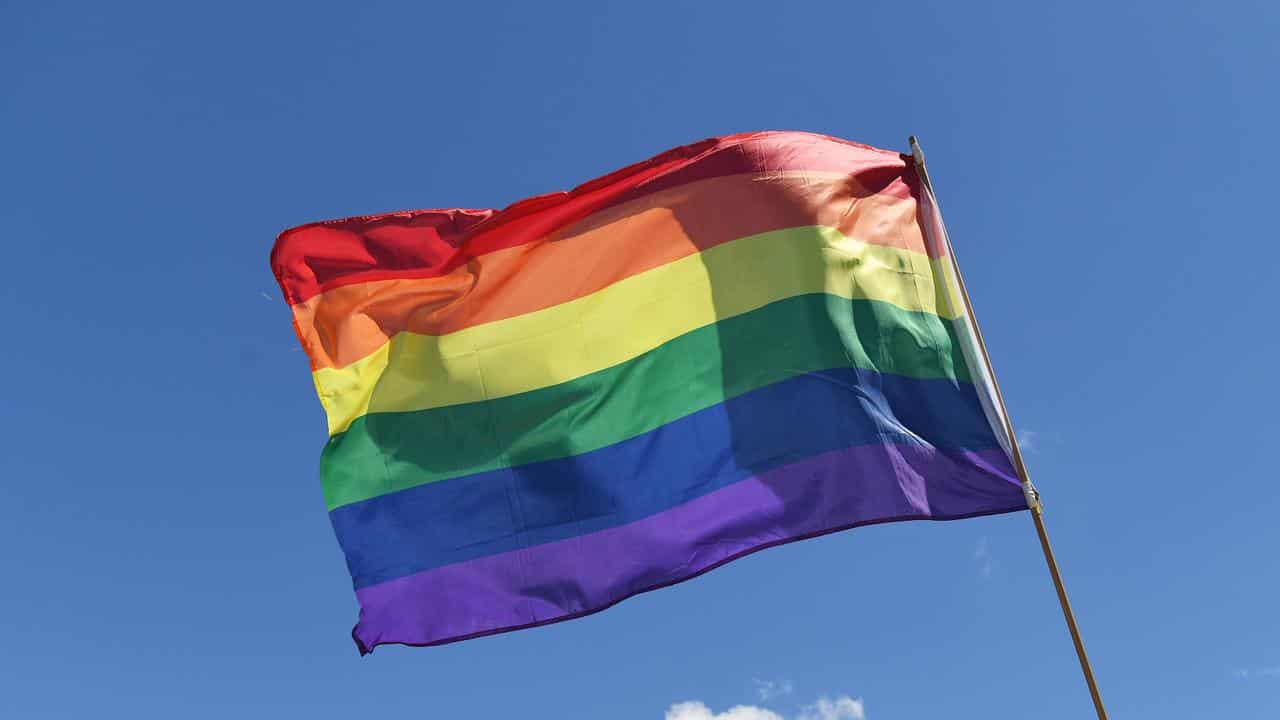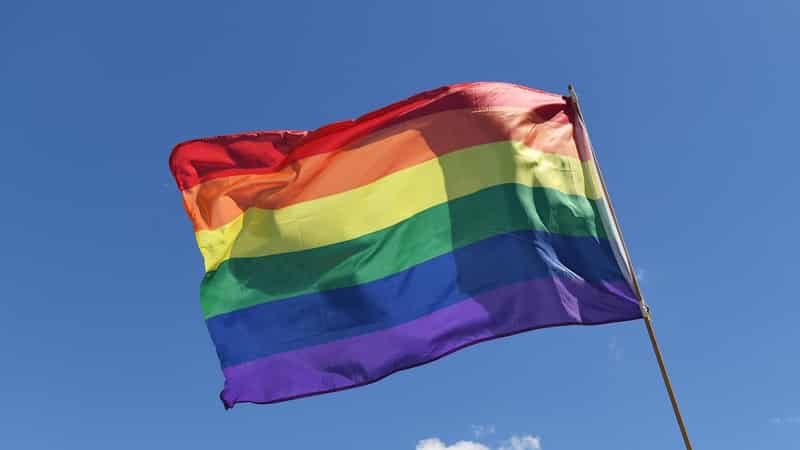
Critics say a religious vilification bill that passed NSW parliament could have unforeseen impacts beyond protecting people of faith from ridicule and contempt.
Amendments to the state's Anti-Discrimination Act 1977 will make it unlawful to, “by a public act incite hatred towards, serious contempt for, or severe ridicule of a person or group of persons, because of their religious belief, affiliation or activity”.
The changes were pushed through parliament on Thursday despite a wide ranging review of existing laws only recently getting underway.
Civil liberty and LGBTQI advocates plan to protest the laws in a demonstration at Sydney's Town Hall this weekend, saying the bill is too vague and could be used to protect hate speech against trans people or practices like gay conversion therapy.
NSW Council for Civil Liberties president Josh Pallas said it is not fair religious belief gains more protections while religious organisations remain exempt from parts of the act allowing them to discriminate against others.
The government claims the latest amendments mirror provisions already in place that make vilification unlawful on the grounds of race, homosexuality, transgender status and HIV/AIDS status.
NSW Attorney-General Michael Daley introduced the amendment bill to parliament earlier this year, aiming to offer remedies to victims of religious vilification.
A spokesman for Mr Daley said members of the Jewish, Muslim, Hindu and Sikh faiths have all raised concerns about growing levels of intolerance towards members of their communities.
The government says people who do not have a religious belief are also protected under the new law, as this is considered to be a position on religion.
The state opposition supported the changes and helped vote down amendments proposed by The Greens to narrow the bill's scope.
Greens MP for Newtown Jenny Leong said there is a clear question as to why the government prioritised religious protections above all other vilification occurring in the community.
"At a time when there has been a disturbing increase in anti-trans and anti-(LGBTQI) aggression online and on the streets ... we should be prioritising holistic reforms, not putting religious protections first," Ms Leong said.
"What message does this send to the (LGBTQI) community?"
The amendments will come into effect three months after the date of assent.
Complaints of religious vilification can be made to the president of the Anti-Discrimination Board who can refer them to the NSW Civil and Administrative Tribunal.
The tribunal can order a range of remedies, including damages or an apology or retraction if it finds a complaint substantiated.









